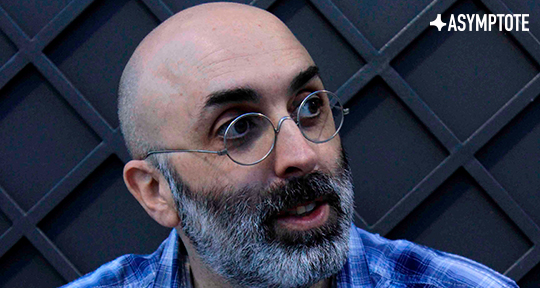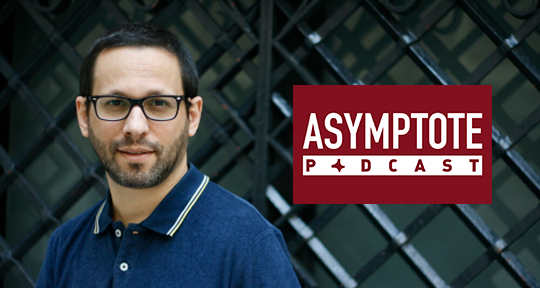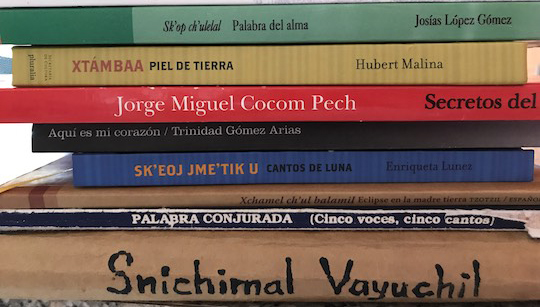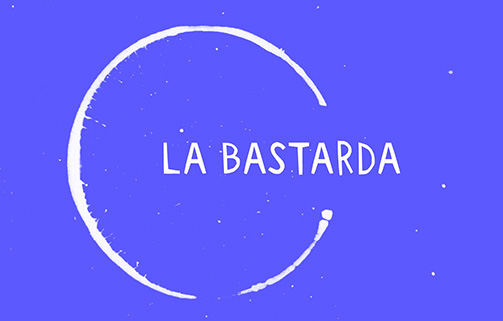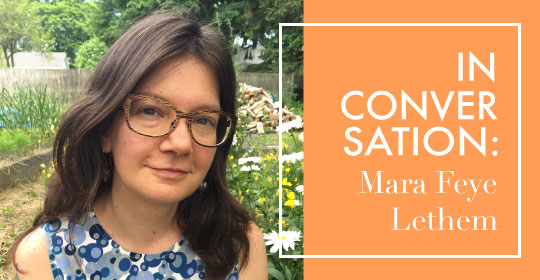Trifonia Melibea Obono’s La Bastarda, translated from the Spanish by Lawrence Schimel, takes place in the author’s native Equatorial Guinea, a relatively small country on the west coast of Africa that celebrates fifty years of independence from Spain this year. La Bastarda, the first novel by a female author from Equatorial Guinea translated to English, is a deceivingly simple story of a young girl, Okomo, who grows up in the country and defines her identity in the absence of a living mother and with a father who does not claim her. Told from the perspective of Okomo, the reader begins to understand the disjointed and complicated definition of family. She is raised by her grandmother, who is the first wife of Okomo’s polygamous grandfather, is told that her mother died in childbirth due to witchcraft, and that the father she has never met is a “scoundrel.” The novel depicts Okomo’s struggle with and escape from the confines of social convention in a story that teaches the often seemingly simple, yet difficult path to individual freedom. In addition, the work can be read as an allegory for the young nation separating from its colonial “parent” Spain, and Equatorial Guinea’s existential place as an orphan—culturally and geographically separated from Spain, Latin America, and Africa, and often ignored by an array of academic fields and global politics. In La Bastarda, we read Okomo’s coming-of-age story while also acquiring a great deal of understanding about the particularities of Spanish-speaking Africa.
Explicitly about overcoming traditional roles concerning gender and sexuality, La Bastarda makes a significant contribution to queer literary culture. The novel opens as Okomo’s grandfather, Osá, scolds her for persistently wishing to seek out her father and orders her to cut his toenails, a task that, according to her, “had hardened into my personal burden” (2). Through the metaphor of her grandfather’s toenails, Okomo reveals to the reader the gender hierarchy in her family, which belongs to the largest ethnic group in mainland Equatorial Guinea, the Fang people. These gendered roles continue as her grandfather explains that in Fang tradition your mother’s brother should take over the role as father in the absence of the biological one. However, Okomo’s uncle, Marcelo, is dubbed a “man-woman” because he will not impregnate another woman and is rumored to have intimate relations with other men. While Okomo is the story’s protagonist and narrator, Marcelo is also the target of homophobia, revealing how the traditional gender roles as well as normative expectations regarding sexuality in the novel affect both men and women. Okomo’s grandmother, complicit in the perpetuation of patriarchal tradition and female subjugation, constantly berates her for not already having found a male suitor because, according to tradition, a young girl’s most important goal is to catch a husband and start a family. Her grandmother always warns, “I don’t want you to make the same mistake as your mother. She never learned a woman’s place in Fang tradition. She lived much too freely” (4). In these first few pages, Okomo summons the reader into a suffocating patriarchal and heteronormative Fang community.
READ MORE…





